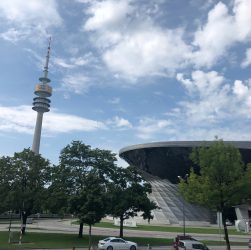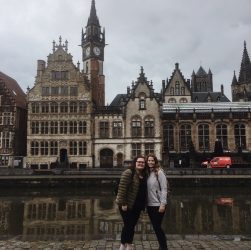When I first drove into Kuala Lumpur I saw a billboard that said: Welcome to Kuala Lumpur – A City …


When I first drove into Kuala Lumpur I saw a billboard that said: Welcome to Kuala Lumpur – A City …

Predeparture My Time at TU, Munich I applied for my Visa about 4-6 weeks before my departure date. I applied …

Pre-departure: The time leading up to my exchange certainly can be described as a stretching but beautiful process. Going on …